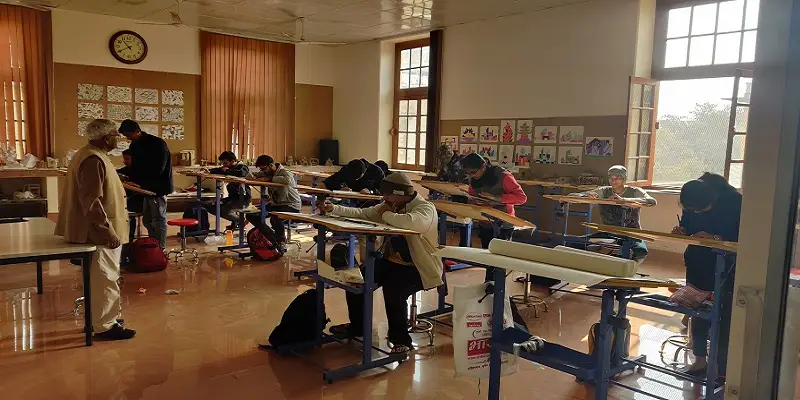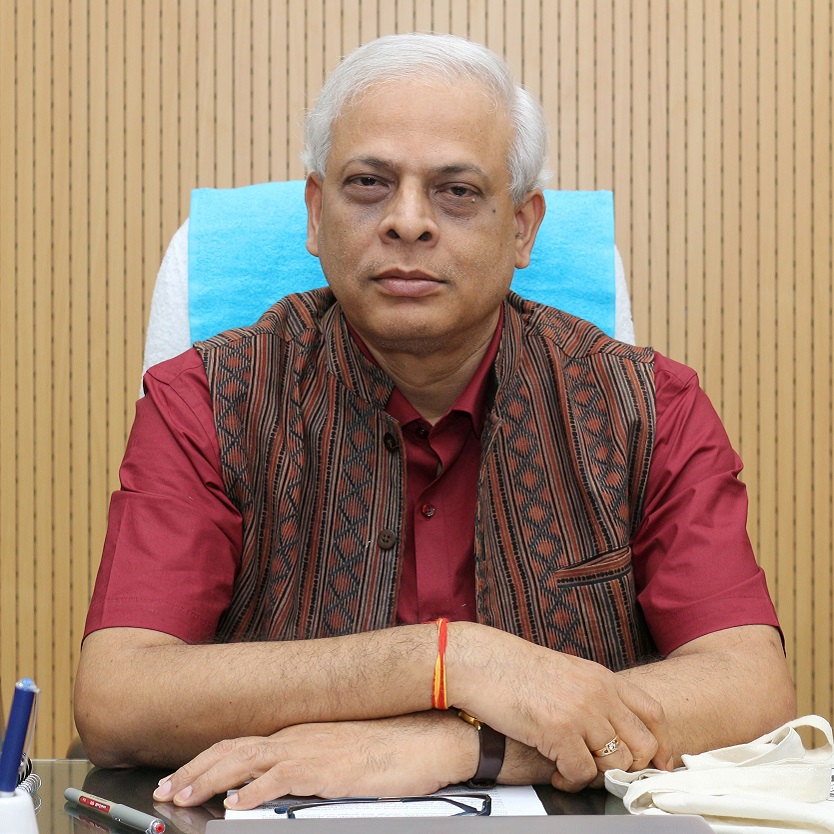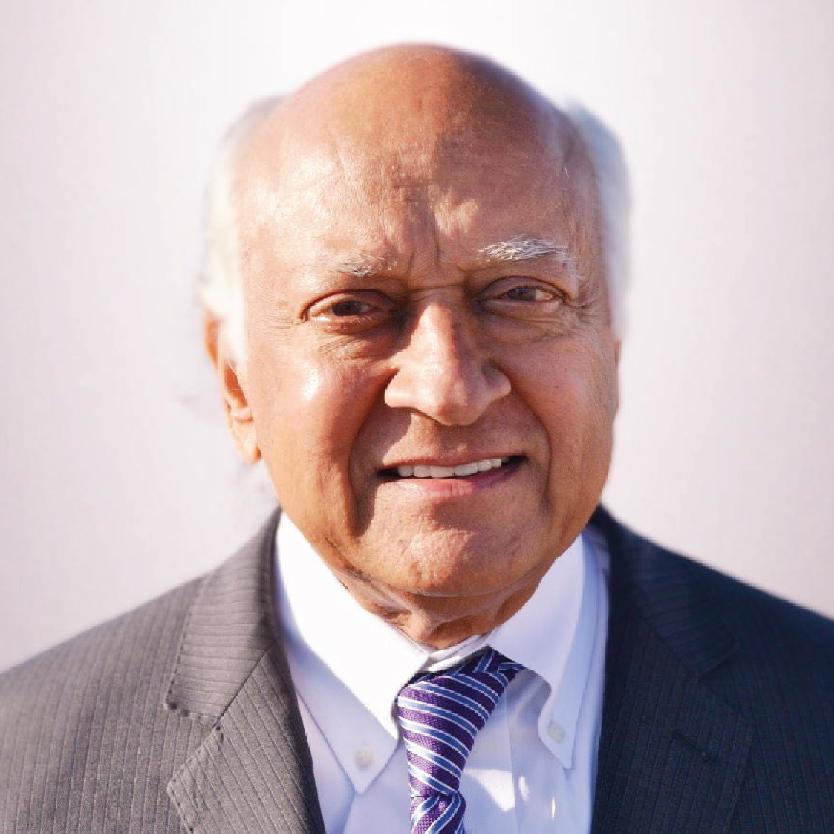Introduction

The Center for Urban and Built Environment (CUBE) aims to be a pioneering research and innovation hub dedicated to the study, design, and development of sustainable, resilient, and efficient built environments. The center will focus on integrating cutting-edge technology, interdisciplinary collaboration, and policy advocacy to address challenges posed by rapid urbanization, climate change, disaster resilience, and environmental degradation.
By leveraging advanced technologies, interdisciplinary collaboration, and community engagement, CUBE will address the pressing challenges of urbanization, climate change, and resource management. CUBE will be a place where prominent industry leaders and internationally recognized researchers will cooperate to produce substantial, holistic, and far-sighted research on built environment and urban centers. CUBE will serve as a platform for researchers, industry professionals, policymakers, and community stakeholders to develop innovative solutions for sustainable urban development. The center will also host state-of-the-art laboratories to facilitate advanced research in thermal comfort, indoor air quality, facade technology, and HVAC systems. Its objective will be to conduct research in the fields of energy efficient building design, energy efficient construction processes, sustainable materials, and resource audit and management. CUBE also aims to address urban ecological issues with a view to offering solutions and develop a skilled cohort of professionals who actively engage in and find solutions for urban ecological challenges. The Centre envisages to build linkages with teaching and research programmes to provide students with hands-on learning, field practicum and engaged scholarship opportunities.
Estimated Timeline for the Project
3 Years
Expected Impact
Climate change, as a result of increasing carbon emissions from human activity, is a growing concern. With the building sector being accountable for up to 40% of carbon emissions, there is an urgent need to reduce energy use in new and existing buildings. The mission will be to improve the environmental quality and energy efficiency of buildings by providing timely, unbiased information on building technologies, design and operation strategies. Within India, the building sector uses more than one-third of the national energy use in India, and with further growth in this sector, India faces a formidable challenge in reducing its dependence on fossil fuels, natural resources and energy supply infrastructure. Buildings and cities in other emerging economies are also being challenged by such context.
Additionally, urban areas are the fastest growing ecosystem on Earth, with more than 36% of Indians and more than half of the world’s human population living in cities. This shift from rural to urban dominated societies has produced unprecedented developments in the social, infrastructural and environmental conditions of urban life. Rapid urbanization also accounts for roughly two-thirds of all resource extraction, energy use and carbon emissions, driving global changes in climate change, ecosystem health and biodiversity loss. As cities continue to expand, municipalities around the world are grappling with how to build cities that are resilient, adaptable and sustainable.
Expected Impact
- Climate-Resilient Cities – Research-driven policies for adaptation.
- Waste Management & Environmental Upgradation – Circular economy, waste-to-energy, and sustainable planning.
- Reduced Environmental Footprint – Sustainable urban planning to cut emissions.
- Healthier Built Environments – Improved indoor environmental quality (IEQ).
- Smart Urban Infrastructure – Intelligent energy and water management.
- Enhanced Policy Frameworks – Recommendations for sustainable urban governance.



















